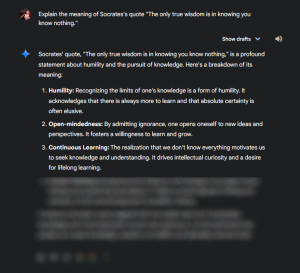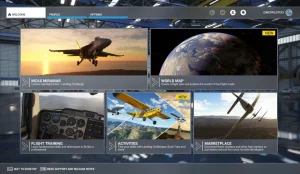
Microsoft's Specs and System Requirements page for Windows 11, bearing information you don't want to see if you own an older PC.
Windows 11, Microsoft’s new version of their all-popular operating system, Windows, is great in a lot of ways–however, one of its problems include overly stringent hardware requirements. If you go to Microsoft’s Windows 11 specs and requirements, you’ll see that there are several datum listed in the table that are just plain hard to meet. Clicking on the “compatible 64-bit processor” link takes you to a page on Microsoft’s documentation that alerts you to the fact that only very, very select CPUs will be able to run Windows 11. If you have a CPU that’s any older than 3 years, then you’re probably out of luck–having a whole computer that’s older than 3 years will probably get you screwed on the subject of Windows 11. And Microsoft’s defense for that is probably “oh, we actually want you to get a new computer so you can run our new OS, because then, when you buy a new Surface from us, we’ll get more money!” That scheme is not just greedy, but completely illogical, because the customer doesn’t have to buy a Microsoft Surface. They could go on to purchase an HP laptop or a Dell tower computer, whatever they want.
Another ridiculous requirement of Windows 11 is the needing of Trusted Platform Module (TPM) version 2.0, which only the most recent computers have. If you have a CPU that meets the requirements, but a motherboard that doesn’t have TPM 2.0, you’re out of luck. So again, any computer older than 3 years will not be able to get you to Windows 11, like it or not. And if you already have a Windows 10 computer, Windows will be constantly screaming away at you in the Settings app to “upgrade to Windows 11, upgrade to the latest version” in addition to showing a red X that means “this PC currently doesn’t meet Windows 11 system requirements”, which is completely contradictory. If the PC does not meet requirements, Windows should not be begging you to update to a version that your PC cannot go to!
In addition, you must be running Windows 10 2004 in order to upgrade to Windows 11, which as proved in the post “Windows Breaks Again: Windows 10 2004“, is quite tricky for some users of even older computers than the ones belonging to people wishing to upgrade to Windows 11. And if you can’t even get to Windows 10 2004, you know you’re completely and fully busted on the subject of getting to the latest version. Often times, you’ll just get a bluescreen upon going to 2004, and that’ll be your signal that it’s not OK–or even possible–to go to Windows 11. So Microsoft’s really set up a lot of traps for their Windows 11 customers–this may even result in a lack of sales because only a very small amount of customers have computers that meet the Windows 11 system requirements. Our only hope is that Microsoft will see this sudden decrease in popularity and finally go, “Oh, maybe we made our system requirements a little bit too stringent!” Maybe.
The situation of the system requirements on Windows 11 are deterring a lot of Microsoft’s potential customers, so they’d better get on it quick before they start seeing a loss of sales.






